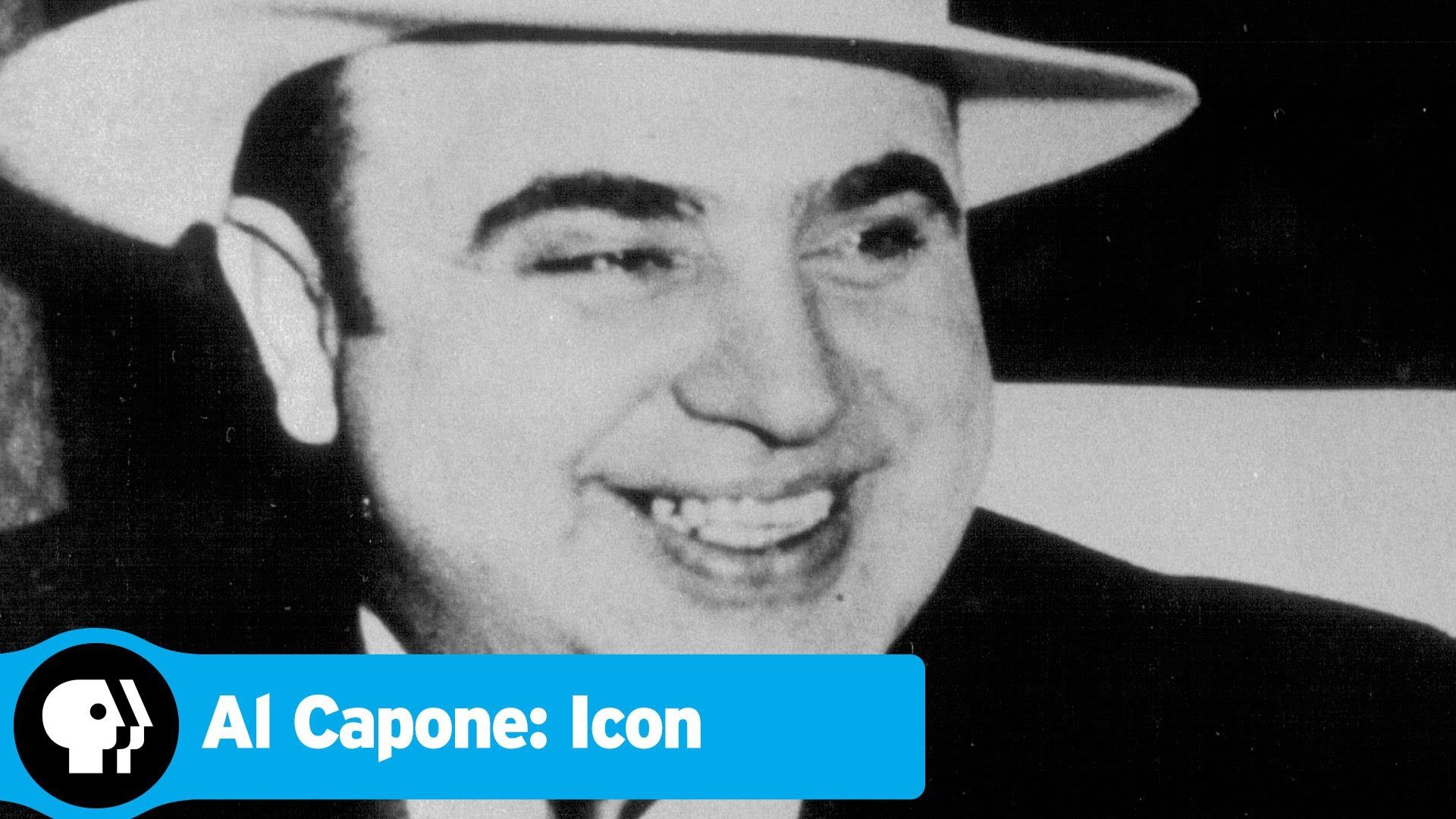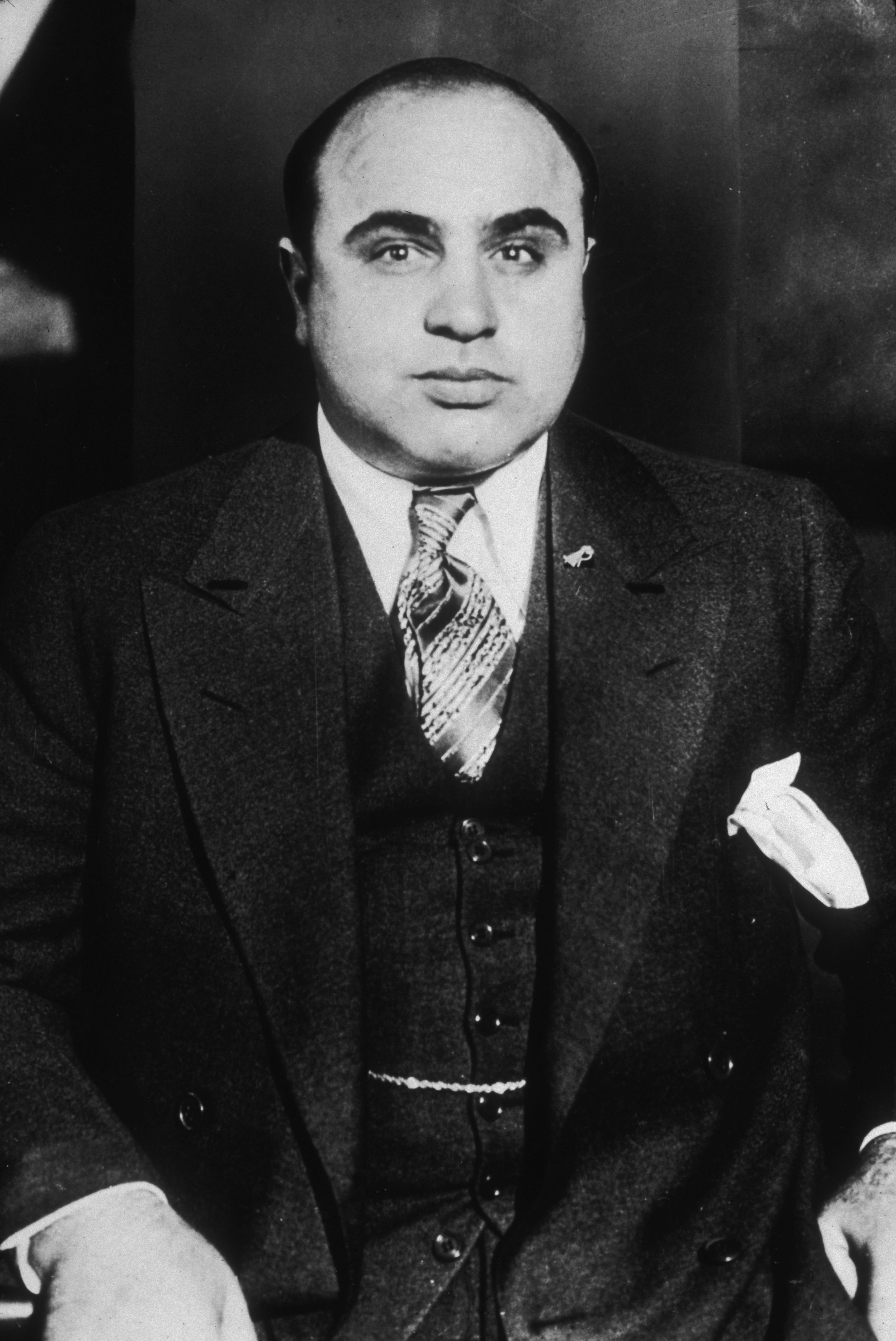How Did Al Capone Die? The Untold Story Behind The Notorious Gangster's End
When people talk about legendary gangsters, Al Capone's name always pops up first. But have you ever wondered, how did Al Capone die? It's a question that's intrigued historians, crime enthusiasts, and casual readers alike for decades. Today, we're diving deep into the life and death of one of America's most infamous mobsters. So buckle up, because this story's got twists and turns you won’t believe.
Capone wasn't just some random thug; he was a mastermind who built an empire during Prohibition. But like all great stories, his had a dramatic ending. His death wasn't as glamorous as his rise to power, but it’s still a fascinating tale that sheds light on the darker side of American history.
Let’s take a trip back to the roaring '20s when Capone ruled Chicago with an iron fist. His story isn't just about crime—it's about power, money, and ultimately, downfall. In this article, we’ll explore every detail of his life, including the mysterious circumstances surrounding his death. Ready to uncover the truth? Let's go!
- Leo And Brittany Love Is Blind The Untold Story Of Love Beyond Sight
- Big Ed The Untold Story Of A Legend In The Making
Table of Contents
- Biography of Al Capone
- Early Life and Rise to Power
- Building the Crime Empire
- The Downfall Begins
- Life Behind Bars
- Health Decline and Final Days
- How Did Al Capone Die?
- Capone's Legacy
- Fascinating Facts About Al Capone
- Conclusion
Biography of Al Capone
Before we dive into the nitty-gritty of how Al Capone died, let's get to know the man himself. Born Alphonse Gabriel Capone on January 17, 1899, in Brooklyn, New York, he wasn’t always a notorious gangster. He came from humble beginnings, growing up in a working-class Italian immigrant family.
By the time he hit his twenties, Capone had already made a name for himself in the underworld. His rise to power was meteoric, thanks to his sharp mind and ruthless tactics. But beneath the glitz and glamour of his criminal empire lay a darker reality that would eventually lead to his demise.
Personal Details
| Full Name | Alphonse Gabriel Capone |
|---|---|
| Date of Birth | January 17, 1899 |
| Place of Birth | Brooklyn, New York |
| Death | January 25, 1947 |
| Cause of Death | Syphilis-related complications |
Early Life and Rise to Power
Capone's journey to becoming Public Enemy No. 1 started in the streets of Brooklyn. As a teenager, he joined street gangs and quickly climbed the ranks. By the time he was in his early twenties, he was already making waves in the Chicago underworld. His association with Johnny Torrio, another infamous mobster, helped him establish a foothold in the city.
- Meagan Good And Jonathan Majors A Love Story Thats Hollywoodworthy
- Unveiling The Extraordinary Journey Of Eniko Hart A Story That Inspires
Prohibition was the golden ticket Capone needed to build his empire. With alcohol banned across the United States, bootlegging became big business. Capone seized the opportunity and turned it into a lucrative operation that made him millions. But with great wealth came great danger, and Capone’s life was anything but peaceful.
Key Milestones in His Early Career
- 1918: Moves to Chicago and joins Johnny Torrio's organization.
- 1920: Starts building his bootlegging empire during Prohibition.
- 1925: Becomes the boss of the Chicago Outfit after Torrio retires.
Building the Crime Empire
Capone’s crime empire wasn’t just about selling booze. He diversified his operations to include gambling, prostitution, and even labor racketeering. His organization was so vast and powerful that it controlled much of Chicago’s criminal activities. But how did he maintain control? Through fear, intimidation, and sometimes, outright violence.
One of the most infamous events in Capone’s reign was the St. Valentine's Day Massacre in 1929. Seven members of a rival gang were gunned down in a garage, shocking the nation. While Capone was never directly linked to the massacre, it cemented his reputation as a ruthless killer.
The Downfall Begins
As they say, what goes up must come down. Capone’s empire began to crumble when the feds finally caught up with him. It wasn’t his violent crimes that brought him down, though. Instead, it was tax evasion—a charge that stuck because Capone had never filed a tax return in his life.
In 1931, Capone was convicted of tax evasion and sentenced to 11 years in federal prison. This marked the beginning of the end for the once-mighty mobster. But his troubles were far from over.
Life Behind Bars
Capone spent most of his sentence at Alcatraz, the infamous federal penitentiary. Life there wasn’t easy, even for someone as notorious as Capone. The harsh conditions and lack of privileges took a toll on his mental and physical health. By the time he was released in 1939, he was a shadow of his former self.
While in prison, Capone’s health started to deteriorate rapidly. He had been suffering from syphilis, a disease he contracted years earlier. The untreated infection was slowly eating away at his brain, leading to severe neurological problems.
Health Decline and Final Days
After his release from prison, Capone retired to his estate in Palm Island, Florida. But retirement wasn’t the peaceful existence he might have hoped for. His health continued to decline, and he spent his final years in a state of mental and physical decay.
Syphilis, which had gone untreated for years, had progressed to neurosyphilis, a condition that affects the brain and nervous system. Capone suffered from memory loss, confusion, and hallucinations. His family watched helplessly as the once-powerful mob boss faded away.
Symptoms of Neurosyphilis
- Memory loss
- Confusion
- Personality changes
- Hallucinations
- Seizures
How Did Al Capone Die?
On January 25, 1947, Al Capone passed away at the age of 48. The official cause of death was cardiorespiratory failure, but the underlying cause was complications from syphilis. His body simply couldn’t fight off the infection any longer, and he succumbed to the disease that had plagued him for years.
Capone’s death marked the end of an era. Once the most feared man in America, he died quietly in his home, surrounded by his family. It’s a poignant reminder that even the most powerful people are vulnerable to the ravages of time and disease.
Capone's Legacy
Despite his criminal past, Al Capone remains a fascinating figure in American history. His story has been immortalized in books, movies, and TV shows, capturing the public’s imagination for generations. But what is his true legacy?
Capone’s rise to power and subsequent downfall highlight the dangers of unchecked ambition. He built an empire on the backs of others, using fear and violence to maintain control. But in the end, it was his own hubris and negligence that led to his downfall.
Fascinating Facts About Al Capone
Capone’s life was full of interesting facts and stories that are often overlooked. Here are a few that might surprise you:
- Capone loved music and played the mandolin while in prison.
- He was known for his flashy suits and expensive jewelry.
- Capone had a pet lion cub named "Rufus" during his early years in Chicago.
- He reportedly gave away thousands of dollars to charity, earning him the nickname "Robin Hood of Chicago."
Conclusion
So, how did Al Capone die? It was a combination of untreated syphilis and the harsh realities of life behind bars that ultimately claimed his life. But Capone’s story is more than just a tale of crime and punishment. It’s a cautionary tale about the dangers of greed, power, and the choices we make in life.
As we reflect on Capone’s legacy, it’s important to remember that history has a way of repeating itself. The lessons we learn from figures like Capone can help us avoid making the same mistakes in the future. So, the next time you hear someone ask, "How did Al Capone die?" you’ll know the full story behind the infamous gangster’s tragic end.
Now it’s your turn! Leave a comment below and let me know what you think about Capone’s story. And if you enjoyed this article, don’t forget to share it with your friends and family. There’s always more to discover about the fascinating world of history!



Detail Author:
- Name : Miss Hermina Balistreri
- Username : camilla.kuhn
- Email : borer.terry@gmail.com
- Birthdate : 1994-09-17
- Address : 4685 Wolff Curve Apt. 602 Batzport, CA 48067-1426
- Phone : 930.315.0631
- Company : Braun, Wunsch and Ritchie
- Job : Bartender
- Bio : Laborum quo illo corporis eum nemo corrupti nesciunt. Magni ipsum et eos qui cupiditate voluptatum. Consequuntur rerum dignissimos et sequi.
Socials
twitter:
- url : https://twitter.com/ward.swift
- username : ward.swift
- bio : Qui assumenda tempora nemo officiis dignissimos eos. Est laboriosam odio qui quia facilis in. Quod quam consectetur ullam omnis quae facilis.
- followers : 5866
- following : 1354
instagram:
- url : https://instagram.com/wswift
- username : wswift
- bio : Id delectus voluptatem rem. Voluptates ipsum quia recusandae. Provident error inventore ratione.
- followers : 2575
- following : 490